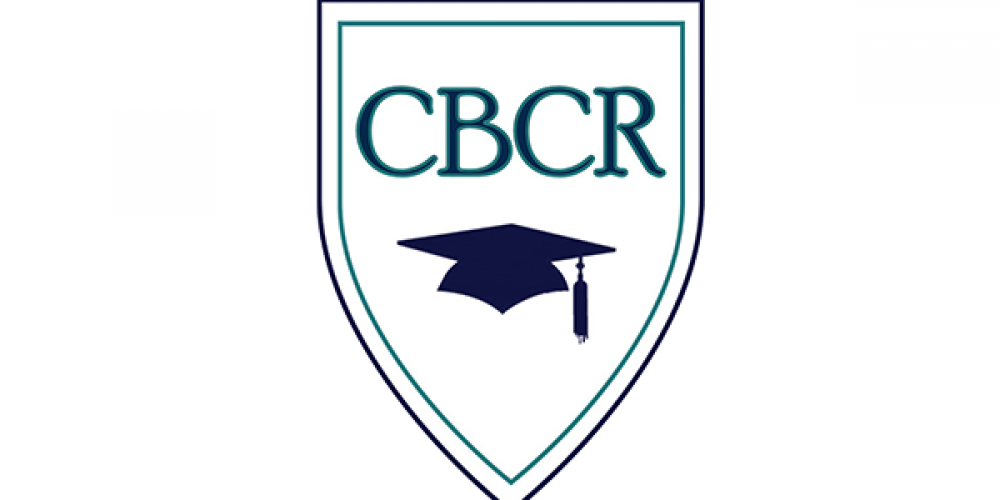The following advice comes from Sarah Cook at College Bound, Career Ready
Decisions, decisions, decisions!
First, you were working tirelessly to narrow down your choice list of schools, and then you become inundated with application deadlines and choice plans for application submission and consideration. One thing is for sure: there is a multitude of factors to decipher on the road to college!
Admissions committees are a forward-looking group of professionals who are trying to predict student success at their school, on their campus, and in the student’s classrooms. Colleges are working to produce an altered admissions system that leads with equity over selectivity, especially amidst the COVID-19 global pandemic, in order to find a means to compassionately assess their applicants. Arguably, when and how you submit can be a strong indicator of this success, so planning ahead during these uncertain times is likely to work in your favor.
In addition to deciphering the type of application you will need to submit to your prospective schools:
Common Application (884 college partners)
Coalition for College Access (157 college partners)
Universal College Application (18 college partners)
Institutional (varies – see school-specific indicators of what platform to use for your application)
you may have noticed a variety of application deadlines to choose from: Early Decision, Early Action, Restricted Early Action/Single Choice, Regular Decision, and Rolling Admissions.
How you choose to apply will determine how you are considered for acceptance, so be sure to choose your plan carefully.
Early Decision
Choosing to apply Early Decision (ED) is not something to be taken lightly. ED applications are only for students who are wholeheartedly committed to a specific institution. This is a binding plan that can only be chosen for one university; if you are accepted to the institution, then you are committed to attending that same institution. This means that contingent on an acceptance, any other applications that have been submitted would need to be withdrawn. ED applications are typically submitted by November 1st or 15th, and decisions are reached early into the admissions cycle, sometimes even before the holiday season.
Early Action
Selecting Early Action (EA) grants student applicants the ability to express invested interest in an institution while still allowing the element of choice. EA applications are typically submitted by November 1st or 15th, and decisions are reached early into the admissions cycle (typically by January or February). Students may apply EA to multiple institutions. Aside from the benefit of choice, EA applications allow students to be considered in a smaller, earlier pool of applications, therefore giving students the advantage of the time to make a more definitive decision on the best school for them in regard to programming and financial aid.
Restrictive Early Action
Applying Restrictive Early Action (REA) gives students the non-binding benefit that EA provides, for early applicant consideration, but is limiting in the sense that students can only apply REA to one school. Please note that this is the newest application option and is currently offered at a limited number of institutions; it is sometimes referred to as a Single Choice Early Action application.
Regular Decision
Just as it sounds, applying to a school with a regular decision means that you will be applying with everyone else, without any special requests, constraints, or consideration. Likely there will be heightened competition and certainly less opportunity as the institution has already seized the opportunity to admit some student ED and EA. Typically regular decision applications are due between January and February.
Rolling Admissions
Institutions that offer Rolling Admissions will accept your application at any time, prior to the decision deadline. Please use this flexibility with caution as the longer you wait to apply, the more selective the school is likely to be with its applicants. The timeline for rolling admissions is usually from the early fall into the late spring.
May 1st is National College Decision Day. We salute our CBCR students who have made a commitment to their respective futures and shouted from the rooftops that they are College Bound, Career Ready! For the Class of 2020, we know that this has been anything but a predictable school year. We have cried alongside you as schools have closed for the remainder of the year, proms have been canceled, and graduation plans have changed. We salute your ability to endure, to alter your path, and to shine a light on the future when at times things have felt very dark. You are truly a resilient group of students, and we have faith that you are going to enter this next phase with strength, grace, and compassion.
For the Class of 2021, we know that you are approaching senior year with an abundance of questions, concerns, and potential fears. Asking those important questions and building a team of supports is more important than ever before. There are a host of supports readily available and awaiting an opportunity to guide you through this uncharted territory. We are in this together and can assure you that setting aside ample time to make informed decisions for your future is a smart course of action.
If you’re looking for support as you narrow down your list of choice schools, approach Application Season in August of 2020, and would like assistance deciding on how you will apply, CBCR is ready to encourage you and to guide you through the process.
Contact College Bound, Career Ready, LLC for an initial consultation by emailing collegeboundcareerready@gmail.com or by utilizing the Contact Us page on our website at http://www.collegeboundcareerready.com.
Please take a moment to Like or to Follow us on Facebook, Twitter, and Instagram so that you may stay connected with news and updates.

